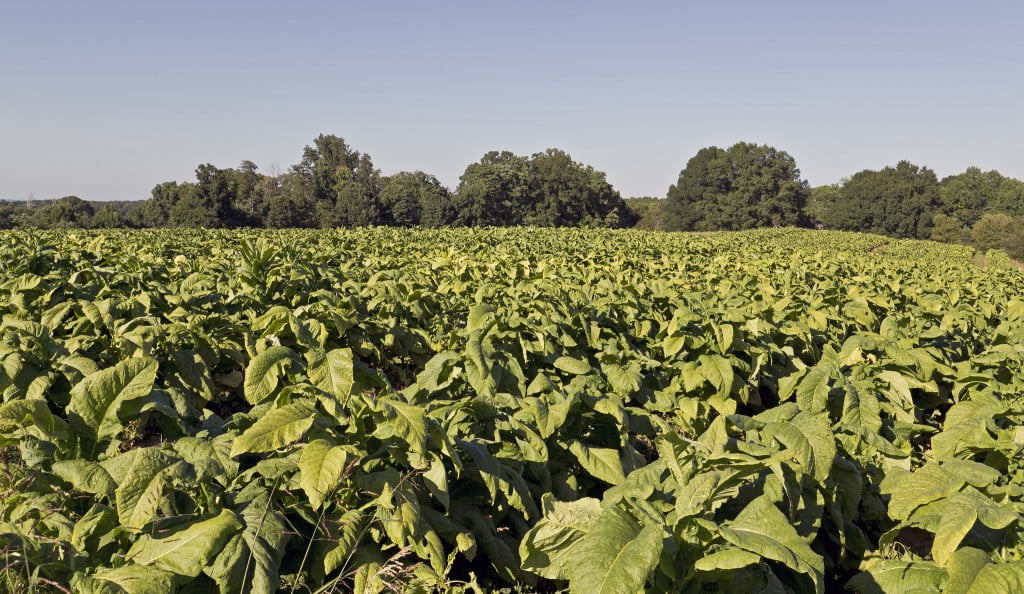This article was first published on The Times of Israel and was re-posted with permission.
Scientists around the world scrambling to find a treatment for Ebola are looking to the tobacco plant for assistance, as a vehicle to synthesize antibodies for a vaccine. And that means they are likely to be looking towards Israel’s CollPlant, a company that is a pioneer in the development of recombinant proteins using tobacco plants.
While CollPlant is not involved with the development of Zmapp, the tobacco-synthesized “cocktail” being developed by several American companies that, so far, is the only Ebola treatment on the horizon, the Israeli company knows a great deal about large-scale production of human cells in tobacco plants, said Prof. Oded Shoseyov, founder and chief scientific officer of CollPlant. “We were the first company in the world to use tobacco plants to do large-scale manufacturing of human proteins, and to receive EU permission to market tobacco-synthesized human elements,” he told The Times of Israel in an interview.
Zmapp, according to its inventors, San Diego-based Leaf Bio and Mapp Biopharmaceutical, with assistance from Defyrus Inc. of Toronto, the US government and the Public Health Agency of Canada, “is composed of three humanized monoclonal antibodies manufactured in plants, specifically Nicotiana. It is an optimized cocktail combining the best components of” three antibodies. The antibodies bind to proteins on the Ebola virus, which triggers the immune system and destroys the germ.
Zmapp, according to its makers, was first identified as a possible treatment last January. It has since been used on several Ebola victims in Liberia, with mixed results. It has been administered to about half a dozen patients, with most surviving. Although tests on animals have shown positive results, Zmapp has not been tested clinically on humans.
Nevertheless, Zmapp is the world’s best bet for an Ebola treatment, at least right now. The problem is, there are not enough doses to conduct clinical trials – or to treat patients, for that matter. Production is being handled by a company called Kentucky Bioprocessing (KBP), which has been using tobacco plants to synthesize Zmapp. Tobacco plants are injected with Ebola virus and fused with genes for a natural tobacco virus. The plant then responds, producing antibodies to fight the virus. The antibodies are extracted and injected in Ebola victims, hopefully curing them.
To continue reading this article on the TOI site, click here.
Related posts

Israeli Medical Technologies That Could Change The World

Harnessing Our Own Bodies For Side Effect-Free Weight Loss

Missing Protein Could Unlock Treatment For Aggressive Lung Cancer





Facebook comments